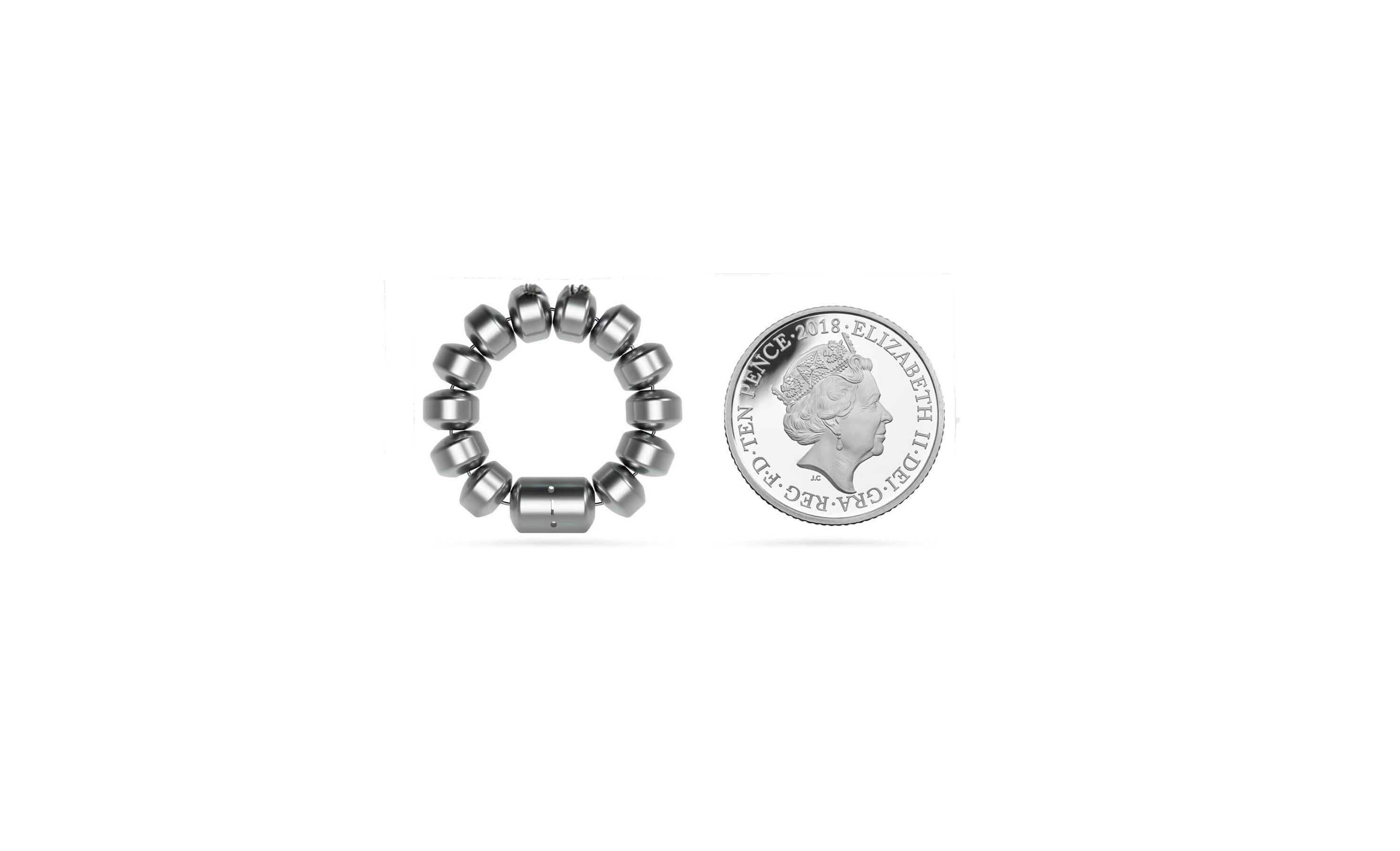LINX® Post - Sleeve
This procedure is relatively novel in the UK, recommended for patients who experience significant GERD after having a gastric sleeve (sometimes called a sleeve gastrectomy). So if you are suffering with continued and/or severe symptoms of acid reflux after gastric sleeve surgery, you may wish to consider LINX as a potential solution.
Book a LINX® post-sleeve consultation
Are you struggling with reflux symptoms after your sleeve gastrectomy?
Many patients who undergo gastric sleeve surgery (sleeve gastrectomy) can develop gastroesophageal reflux disease (GERD), or experience a worsening of their GERD symptoms. This is a common problem. studies have shown that 20-58% of patients develop new onset reflux following this surgery (1, 2).
GERD is a disease of the oesophagus causing heartburn, regurgitation and chest pain, as well as other LPR symptoms such as a sore throat, cough and more. GERD can have significant impacts on people’s social and work lives, as well as sleep quality and mental health.
How is GERD treated after a sleeve gastrectomy?
The mainstay of treatment for GERD, with or without a gastric sleeve, is anti-reflux medication. PPIs (Proton Pump Inhibitors such as Omeprazole) are the most commonly prescribed, but others include H2-antagonists such as Nizatadine. Your consultant may also recommend lifestyle and diet changes to manage your symptoms.
However, following sleeve gastrectomy, these often fail to work. GERD is often caused by failure of the Lower Oesophageal Sphincter to prevent reflux of stomach contents into the oesophagus. Medications don’t address this fundamental problem. Following sleeve gastrectomy, this is often because the pressures within the stomach are higher than usual because it becomes so much smaller and less compliant; it is less able to expand. So patients are very often left with significant reflux symptoms that aren’t helped by standard treatments. Furthermore the standard surgical treatments for reflux such as fundoplication are often impossible following gastrectomy, leaving few options. So how do you stop acid reflux after a gastric sleeve?
LINX® Procedure after a gastric sleeve
However, recently scientific studies have been published which have demonstrated that LINX® surgery following sleeve gastrectomy is effective (3,4). These have reported excellent outcomes with significant improvements in reflux symptoms, reductions in the necessity to take PPIs of 63% to 95.8% as well as significant improvements in objective tests of reflux.
Following the publication of these studies, RefluxUK are now offering the LINX® procedure for patients with reflux following sleeve gastrectomy. This is a minimally invasive, keyhole procedure which involves repairing a hiatus hernia if present and inserting a LINX® device around the bottom of a patient’s oesophagus to reduce stomach contents, including acid, coming back up into the oesophagus.

The Patient Pathway for LINX® Post-Sleeve
- The first step is discussing your situation in an initial consultation with one of our expert consultants who perform the LINX® Post-Sleeve procedure.
- You may require some diagnostic tests, such as gastroscopy, manometry or a barium swallow to ensure you are eligible for the procedure.
- If the results find you are eligible, your test results will be discussed at our MDT; a meeting of leading experts from various specialties in which individual patient cases are discussed for the most optimal treatment.
- You will then discuss with your consultant and book your procedure with our Patient Care Coordinators.
Studies relating to effectiveness of "LINX® after a gastric sleeve" procedure
(1) El-Hadi M, Birch DW, Gill RS, Karmali S. The effect of bariatric surgery on gastroesophageal reflux disease. Can J Surg. 2014 Apr;57(2):139-44. doi: 10.1503/cjs.030612. PMID: 24666452; PMCID: PMC3968207.
(2) Trujillo, A.B., Sagar, D., Amaravadhi, A.R. et al. Incidence of Post-operative Gastro-esophageal Reflux Disorder in Patients Undergoing Laparoscopic Sleeve Gastrectomy: A Systematic Review and Meta-analysis. OBES SURG 34, 1874–1884 (2024).
(3) Khaitan, L., Hill, M., Michel, M. et al. Feasibility and Efficacy of Magnetic Sphincter Augmentation for the Management of Gastroesophageal Reflux Disease Post-Sleeve Gastrectomy for Obesity. OBES SURG 33, 387–396 (2023)
(4) Ibrahim, M.A., Mowoh, D.P., Al Khadem, M. et al. Long-term outcomes of magnetic sphincter augmentation in sleeve gastrectomy and Roux-en-Y gastric bypass patients: a comprehensive analysis. Surg Endosc (2024).
